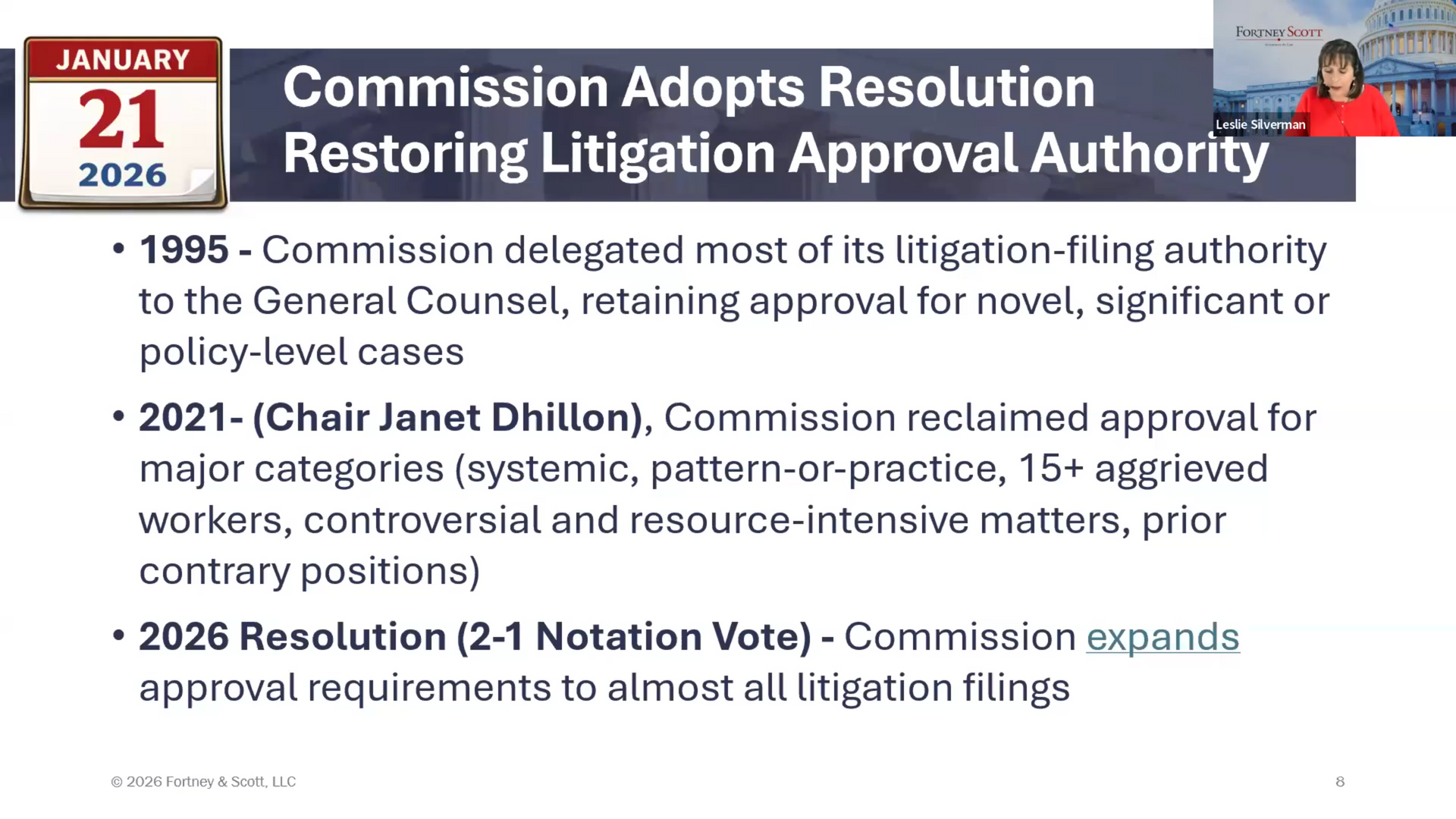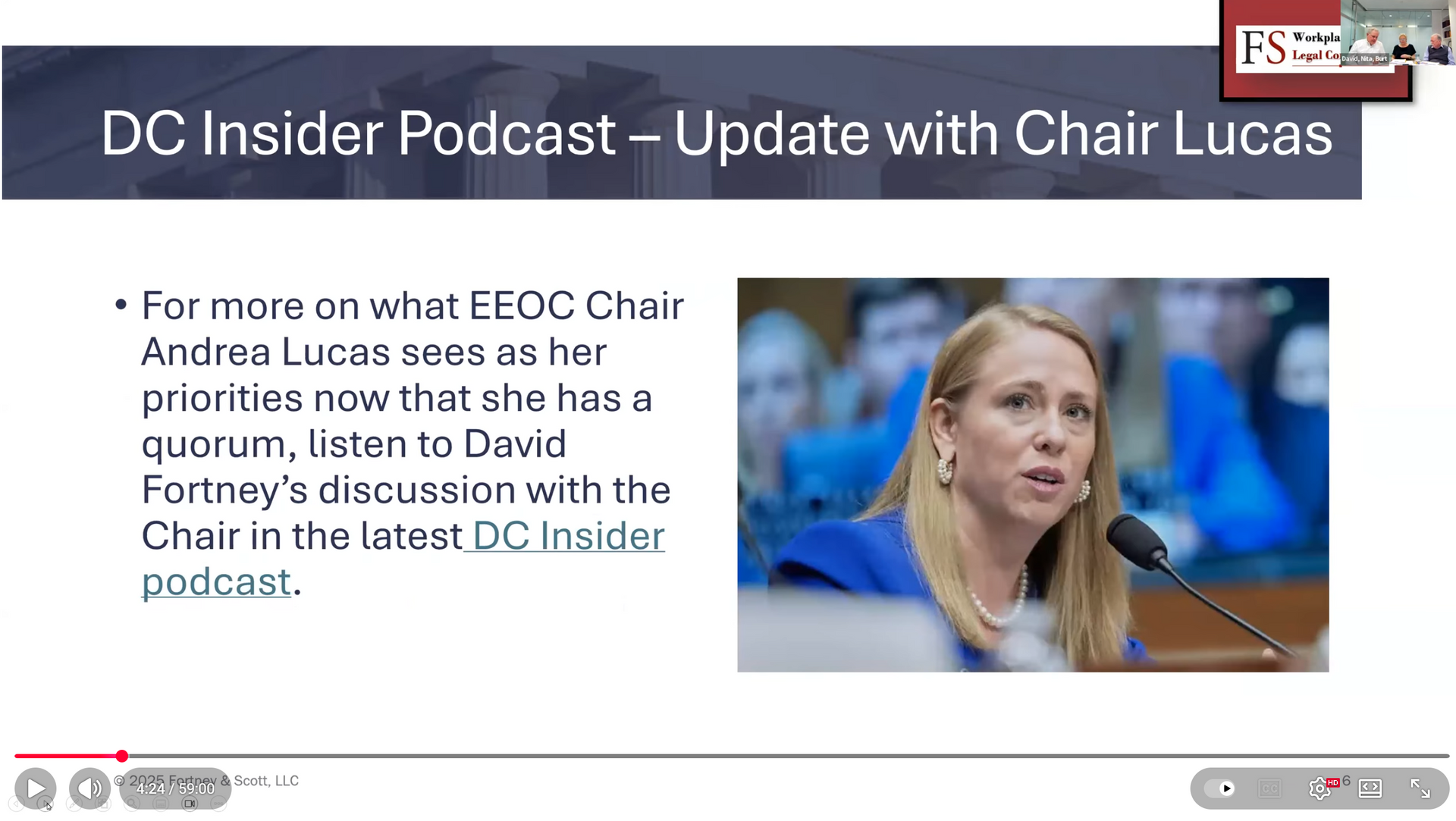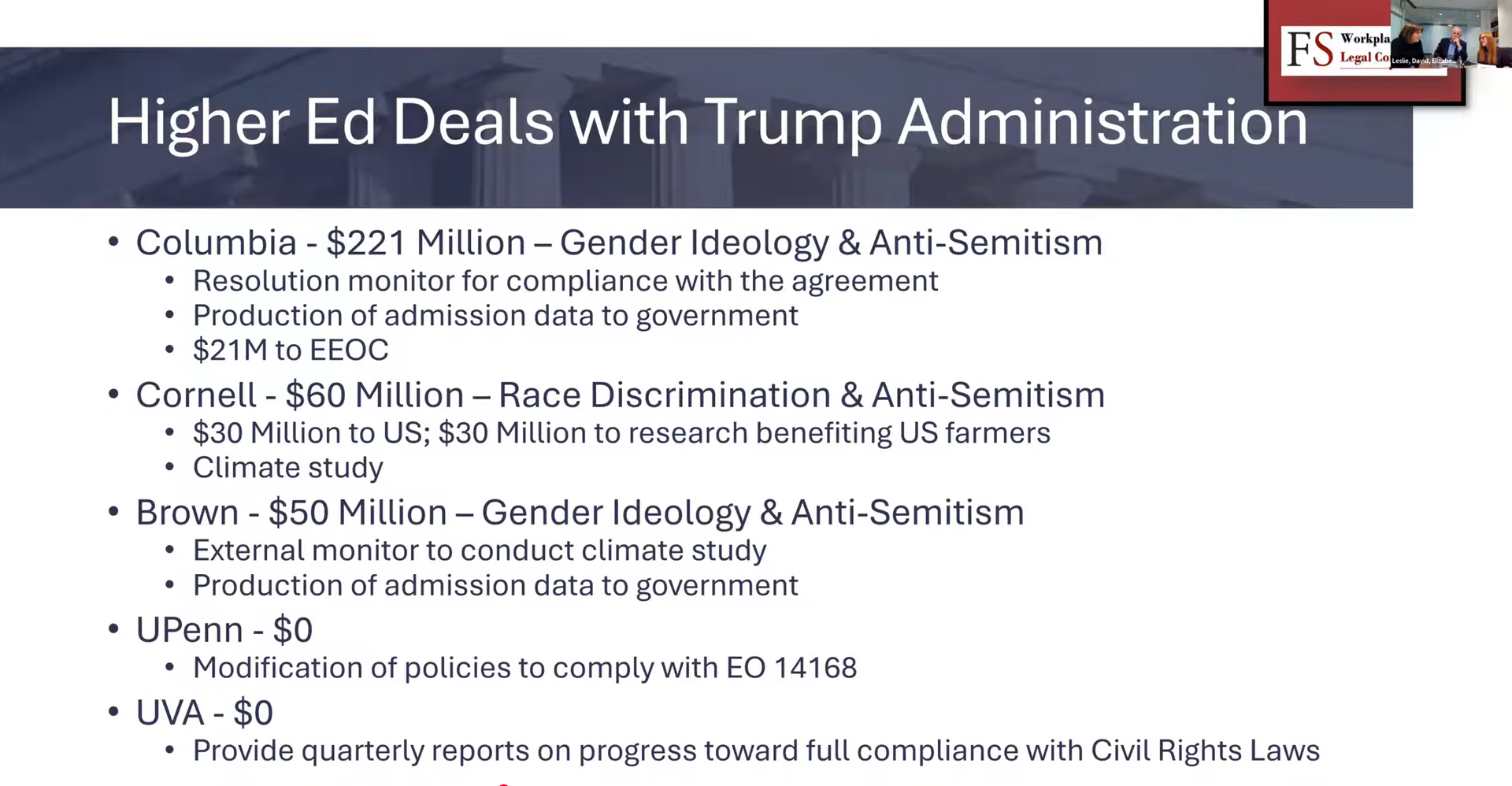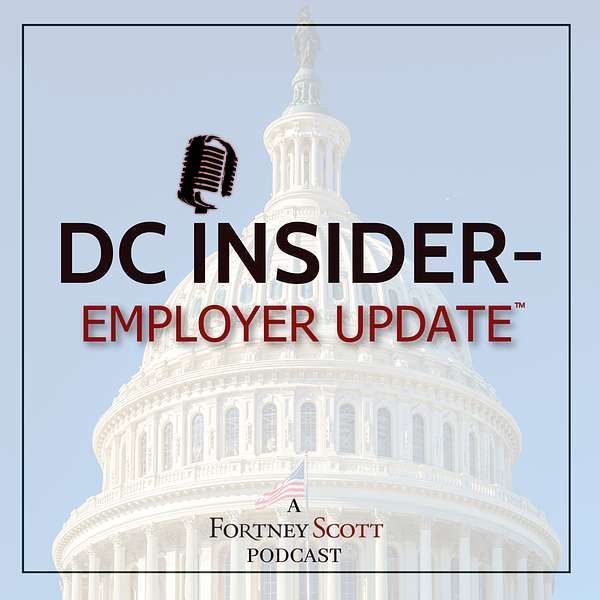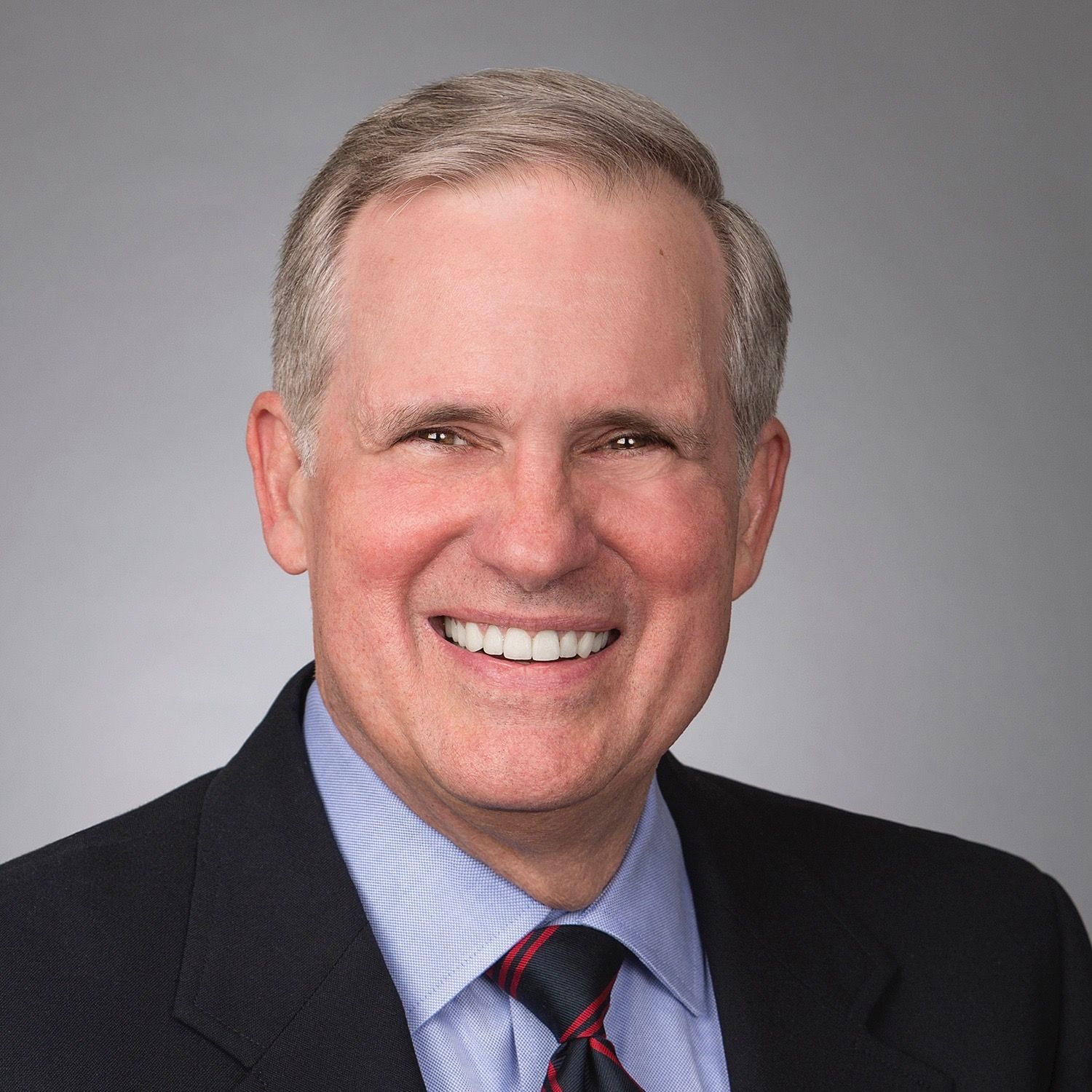Supreme Court Rules in Favor of Cake Baker in Landmark LGBT Case… But Fails to Provide New Guidance
The U.S. Supreme Court ruled in favor of a baker in Colorado who refused to bake a wedding cake for a same-sex couple based on his Christian beliefs in a 7 to 2 decision issued on June 4. In Masterpiece Cakeshop, Ltd. v Colorado Civil Rights Commission, the majority opinion written by Justice Kennedy concluded that the wedding cake baker did not get a fair hearing on his complaint in the state proceedings, and specifically ruled that there was improper bias by the Colorado Civil Rights Commission. Although the Supreme Court discussed the tension between the two legal rights – the EEO protections for gay persons on the one hand versus the sincerely-held individual religious beliefs on the other hand – the Court did not rule on the ultimate question as to how such conflicts are to be resolved. Although the ruling fails to provide any new criteria under which there may be an exemption to the general anti-discrimination laws based on an individual’s sincerely held religious views, the Court reaffirmed that the First Amendment’s protections of religious rights also protects individuals during the proceedings for resolving discrimination claims.
The highly anticipated ruling in Masterpiece Cakeshop comes after years of litigation. In 2012, David Mullins and Charlie Craig met with bakery owner Jack Phillips to order a custom wedding cake for their reception. Phillips refused to make them a cake and indicated that the bakery would not sell wedding cakes to same-sex couples. Subsequently, Mullins and Craig filed complaints with the Colorado Civil Rights Commission, which enforces the Colorado Anti-Discrimination Act (CADA) alleging sexual orientation discrimination. The Commission then determined that the bakery had violated CADA and Phillips appealed. In 2015, the Colorado Court of Appeals affirmed the Commission’s ruling over Phillips’ arguments that he had a constitutional right to refuse to bake the cake based on his First Amendment rights. The Supreme Court granted certiorari on June 26, 2017.
Justice Kennedy, writing for the majority, emphasized that Phillips was entitled to a neutral decision-maker who would give full and fair consideration to his religious objection. The Court did not discount the impact and significance of CADA but instead, focused on the importance of providing a fair and neutral forum for resolving the claims. Justice Kennedy noted that it is unexceptional that the CADA “…can protect gay persons in acquiring products and services on the same terms and conditions that are offered to other members of the public, the law must be applied in a manner that is neutral toward religion.” The Court concluded that the Commission’s treatment of Phillips’ case violated the state’s duty under the First Amendment not to base laws or regulations on hostility to a religion or religious viewpoint.
In the dissent, Justice Ginsburg emphasized that these circumstances do not evidence hostility to religion of the kind the Court has previously held to signal a free-exercise violation. Additionally, the dissent argued that any comments signaling any sort of hostility cannot justify reversing the judgment below.
While a victory for the baker in this case, the ruling is fact-intensive and based on narrow and unusual facts. Justice Kennedy recognized the narrowness of the ruling stating that, “[T]he outcome of cases like this in other circumstances must await further elaboration in the courts, all in the context of recognizing that these disputes must be resolved with tolerance, without undue respect to sincere religious beliefs, and without subjecting gay persons to indignities when they seek goods and services in an open market.” Indeed, there already are appeals pending, including one before the Supreme Court from a florist in Washington who has appealed a state ruling that found she violated state law for refusing to provide the wedding flowers for a same-sex couple. We will stay tuned.
For the full update on the Supreme Court’s ruling, click here.



